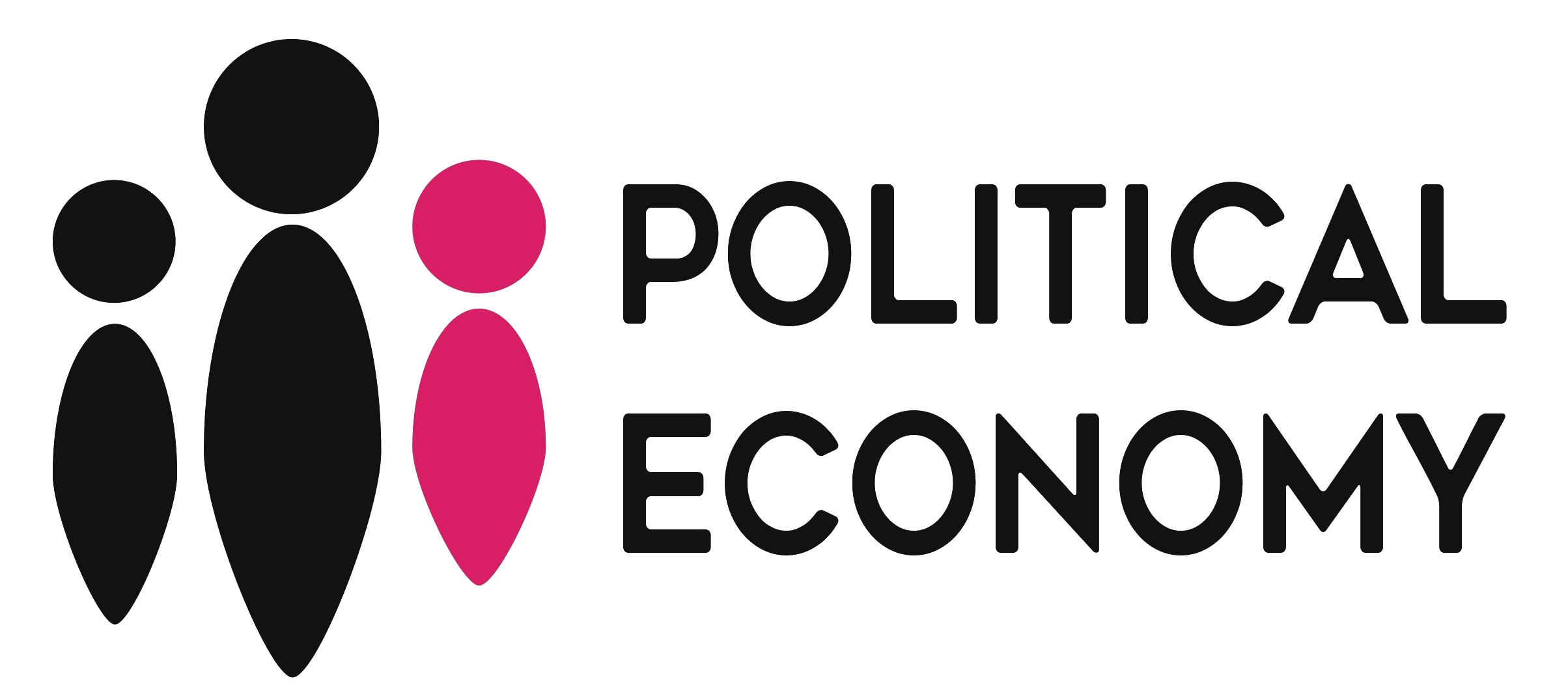Are Markets Repugnant?
- Typ: Seminar (S)
- Beginn: Einführungsveranstaltung: 17.10.2017, 11.30 – 12.30 h, 01.93, K1
-
Dozent:
Jannis Engel, David Huber
- LVNr.: 2560140
- Prüfung: Präsentationen: 19.01.2018. Abgabe der schriftlichen Arbeit: 11.03.2018.
-
Hinweis:
Bewerben können Sie sich bis zum 16. September 2017 über das "Seminarportal ".
Die vollständige Teilnahme an der Einführungsveranstaltung sowie dem Präsentationstermin im Januar ist notwendig für eine erfolgreiche Teilnahme am Seminar!
Topic Description
Many societies have markets and areas of commerce that are deemed unethical
or questionable by parts of their population. Alvin Roth coined the term
repugnant markets for these not completely accepted or even illegal markets.
The reasons for declaring certain market activities repugnant are manifold and
often differ between societies and change over time. One example of such a
change in perception is money lending, which was heavily restricted in medieval
times but is indispensable for any capitalist society. On the other hand, the
market for slaves and indentured servitude were both once very common, but any
engagement in those markets is now unthinkable. A prominent, modern example is
organ trade. While it is allowed to donate a kidney or half a liver, the sale
of the very same organs remains illegal in most countries.
Inspirations and areas of topics can be, but are not limited to:
- Organ markets
- Private security firms / mercenaries
- Paid surrogate motherhood
- Prediction markets
- Drug markets
- Blood diamonds and conflict minerals
- Food speculations
- Privatization of water
- (Un)limited betting
There furthermore exist many more markets which might be deemed repugnant
by many, but are nevertheless thriving because they remain out of the focus of
attention.
Scope of the Seminar
In this seminar, participants prepare and hold a presentation about a
repugnant or otherwise problematic market of their choice and hand in a seminar
paper at the end of the semester. The talk and the paper should be used to
describe the market of interest as well as its relevance, problems and
implications.
Please note that no topics will be handed out by the seminar facilitators.
Instead, participants will choose and present their market of interest.
The introductory meeting will take place on 17 October 2017. Students will
work in pairs. If the process of pairing up remains unsuccessful, a partner
will be assigned. In case of an uneven number of attendants one group of three
will be possible.
On January 19, we will have a full day of presentations. These
presentations should have a duration of 15 - 20 minutes and the speaking
duration should be equally split among the presenters. The subsequent
discussion should be used to give substantial feedback to the presenters. Full
attendance is required on that day for successful participation in the seminar!
Seminar papers of 10 - 12 pages (plus references) have to be handed in by
11 March 2018.
For bachelor students grades will be based on the quality of presentations
in the seminar (50%) and the seminar paper (50%).
Master students additionally have to hand in two abstracts with their
paper. Their grades will be based on the quality of presentations in the
seminar (40%), the seminar paper (40%) and the two abstracts (20%) – one with a
maximum length of 100 words and one with a maximum length of 250 words.
Both Bachelor and Master students can improve their grades by 0.3 for good
and constructive discussion contributions or by 0.7 for excellent and
constructive discussion contributions.
Application will be possible via the centralized platform until 16
September 2017. For further questions, please contact Jannis Engel
(jannis engel ∂does-not-exist.kit edu) or David Huber (david.huber@kit.edu).
Further Literature and Inspirations
See the work of, e.g., Thomas von Aquin, Björn Bartling, Samuel Bowles,
Jannis Engel, Armin Falk, Martin Luther, Bettina Rockenbach, Alvin Roth,
Michael Sandel, Andrei Shleifer, Georg Simmel, Joel Sobel, Nora Szech.

